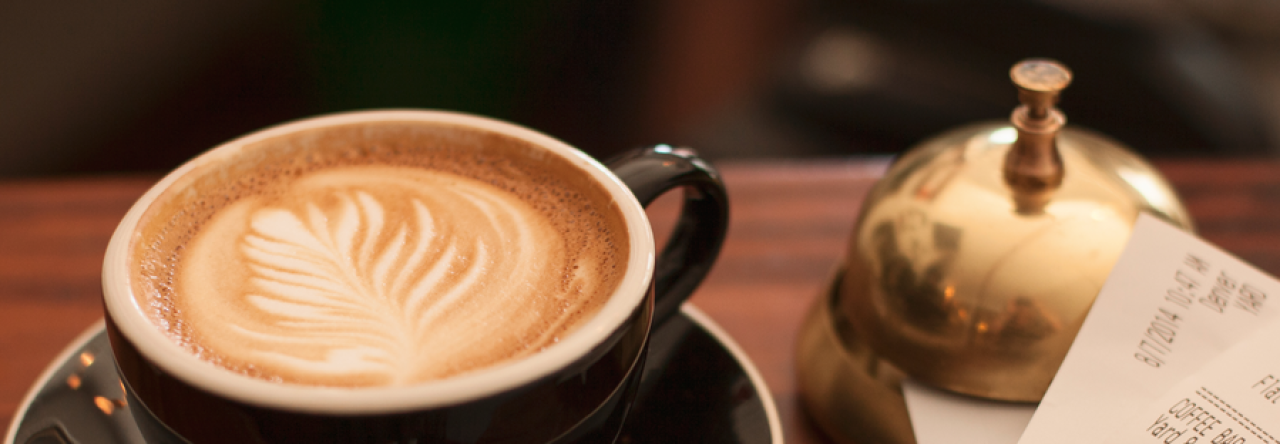 Traditional Chinese cuisine epitomizes sophistication. With its diverse ingredients and lavish presentation, classical Chinese dining is the height of elegance and palatable pleasure. The Waldorf Astoria has, for a limited time, the foremost expert on Chinese dining assisting in the creation of the penultimate Chinese dining experience.
Traditional Chinese cuisine epitomizes sophistication. With its diverse ingredients and lavish presentation, classical Chinese dining is the height of elegance and palatable pleasure. The Waldorf Astoria has, for a limited time, the foremost expert on Chinese dining assisting in the creation of the penultimate Chinese dining experience.
Desmond Chang, the foremost expert on the traditional Chinese meal, enjoys the exploration of a culture’s history through its meals. The Hong Kong native found the construction of such an involved menu challenging. With nine-courses, the menu represented the collision of culinary cultures in ancient Beijing. When asked how he was able to conquer such a challenge, Chang said “You have to address it from scratch. You have to ask; ‘What is the signature dish of the Han people?’ And then you have to look at the recipes and try to redefine them in a delicate way, one by one.”

The authenticity of dishes was paramount when constructing the menu. This proved difficult when crafting Manchurian dishes originating from China’s northeastern region, however. The long list of rare ingredients included tendon of wild deer, challenging Chang to produce potable entrees with foods he’s never worked with. Never deterred, Chang was able to cook the stringy meat in a savory stew, pairing it with frozen blueberries to bring sweetness to the traditional dish.
A small piece of the massive nine-course meal, Chang’s research grew ever more in-depth. Following the traditional serving of an appetizer, a platinum square platter is divided into ornate circular dishes and plated with fried meatballs, cucumber with ox tongue, jellyfish in vinegar, bean sprout and baby coriander rolls, Peking duck slices, mustard duck web, chicken with Chinese wine, pear and hawthorn with Osmanthus syrup, and traditional pork jelly with soybeans. Each delicacy representing one of the Nine Halls Diagram, or Jiu Gong Ge of Daoist philosophy.
A dish served to state officials during the Qing dynasty, Tan style braised fish maw with chicken soup is a delicacy fit for royalty. Made from a sweet pumpkin juice and three types of free-range chickens, the soup pairs well with the Chinese Spring pancake to follow. Packed with vegetables, crispy rice and Beef, the Beijing people believe this meal has restorative powers that aid the body’s internal organs. With the remaining courses running the gamut from suckling pig, baby cabbage cooked in spring water, to rose and lychee jelly for dessert, this meal is sure to be one for the history books.

